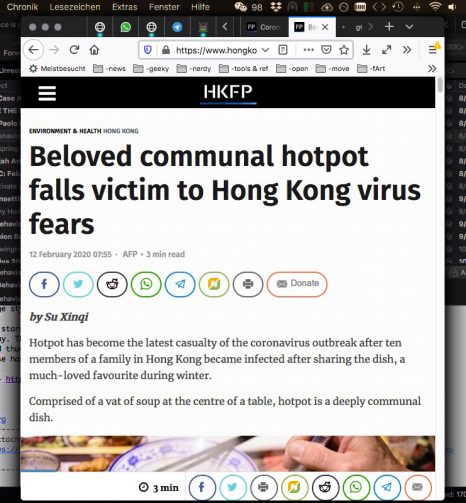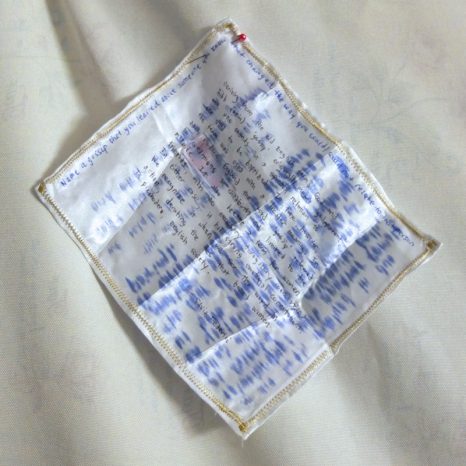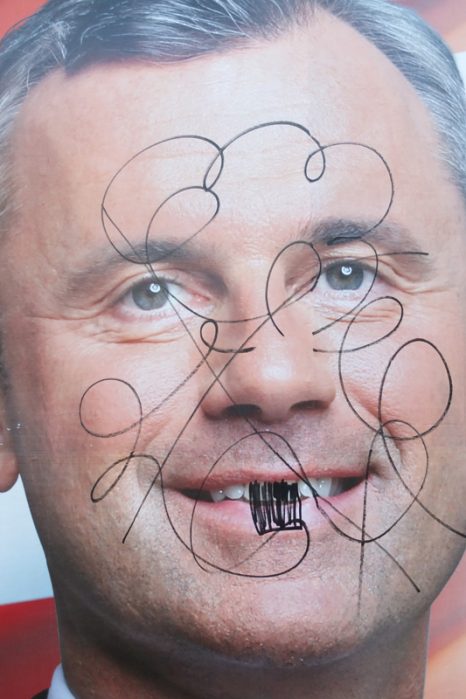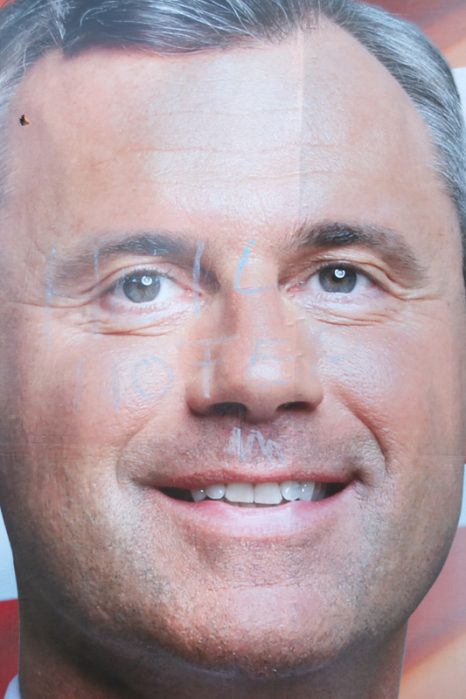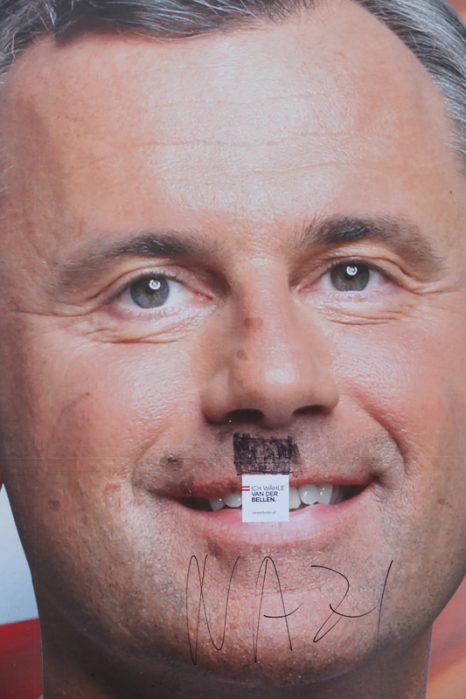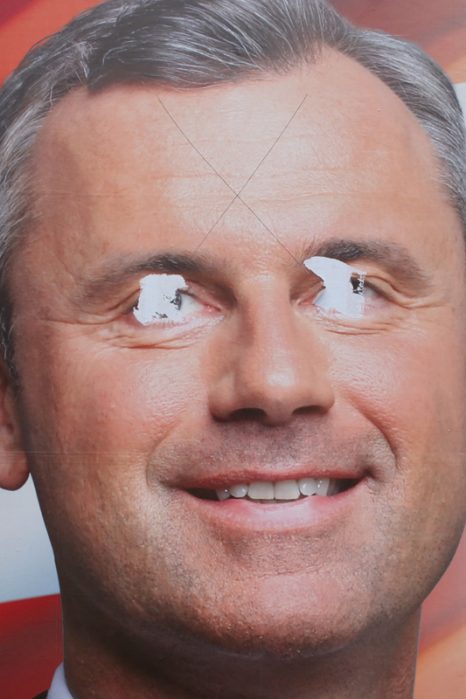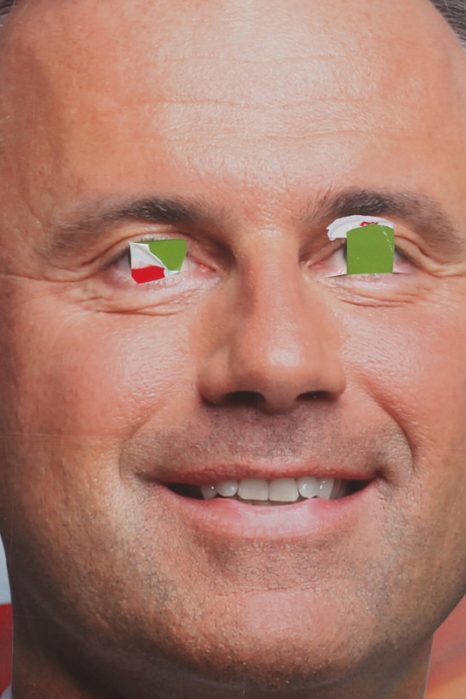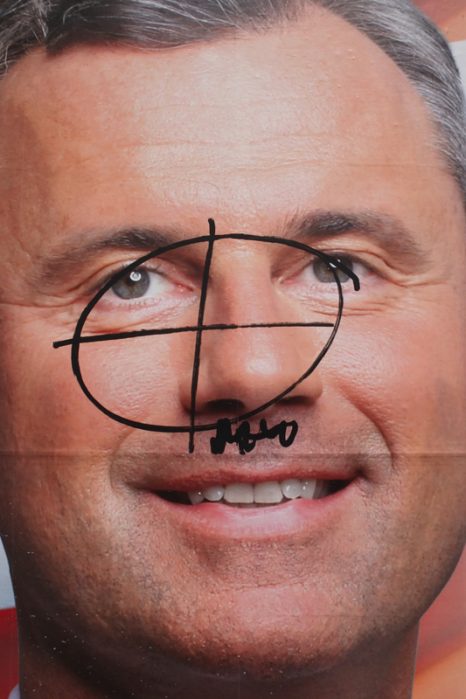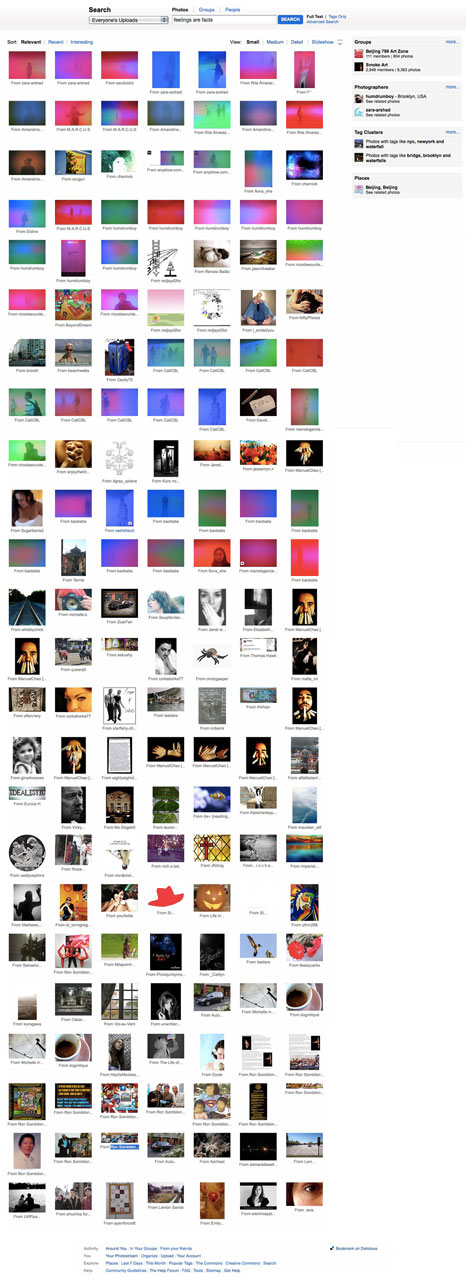(there are reasons to think about my body and hygiene these days)
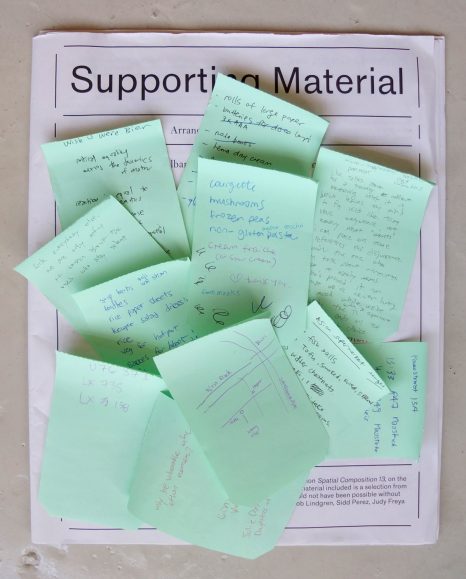
— Notes taken while on residency with Amy Suo WU at Motel Spatie; Arnhem Presikhaaf, 2020 January-February
In the time of that sojourn, a surface wound that stayed the entire time, irritated, flaming and hardened so much that it was narrated from being the oddity of a pimple on my hand to the paranoia of a wart-like abscess. It accompanied me during our conversations like a replacement for the biting of nails which had accompanied me since childhood, the extra psychosomatic conversation with myself to harmonise and discord with any other conversations going on in the room. And we spoke about intersectionality.
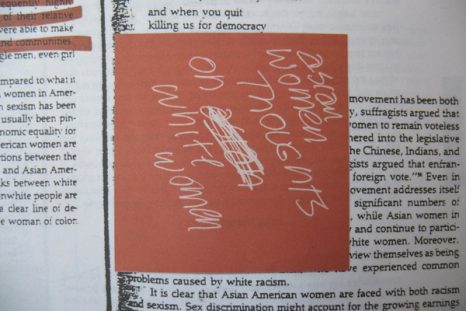
— from “Worlds in Collision: Multicultural Art History (Selection)” by Carlos VILLA, from Supporting Material by Celine CONDORELLI
I picked at it, making it bleed and scab over more than once, wondering if this would be the lifelong marker with which to remember this time. Other people get tattoos for such occasions, but somehow for me bruises, scars and mosquito bites were always enough. Sometimes I liked to think about the tiniest bit of spittle from an insect you never saw being smuggled transnationally, at peak seasons such that your body could carry two nationalities of mosquito saliva at the same time, recognisably different by the radius of red and degree of itch.
It was only a surface. But as my skin-scoring became manic, I remembered one of the first meals we shared together, when we were happy to find a few pairs of disposable chopsticks in the otherwise fork-and-knife-loaded space. A bit too brashly did I rip apart the two sticks and rub their ends together so as to smooth the rough edges in the way that we had learned, and somehow a little bamboo splinter had lodged itself into the meat between the thumb and forefinger of my right hand. This is the pressure point you are supposed to massage in order to release anxieties, and so it was that this residency——initially planned as an artistic labour——unfolded into my body subversively with a small army of histamines hardening a point known as 合谷 hégŭ, or LI-4. Like a pain to help release pain.
I had been telling everyone that it had been such a difficult year for me, or for most people in my context, rather, but now, when I had limited this sabbatical purposefully to run back into the fire, that heat seemed to flake away into something much more quietly insurrectionary, like the last hibernation before the end of the world. What were we gathering amidst these stories and meetings, me picking self-consciously at a surface wound on the back of my hand and scheming in those vague ways afforded by poetry? Would it be possible to be productive about this care in letting go, somewhere in between concern and a manic extraction of the conversation one has with oneself, parasiting off of the glimmers of knowledge and joy and jealousy of these people around me. So many intensities.
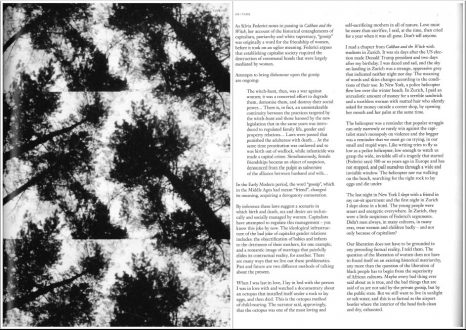
— “Witch-hunt: gossip has always been a secret language of friendship and resistance between women”, Hannah BLACK
In many parts of the world, women have historically been seen as the weaver of memory——those who keep alive the voices of the past and the histories of the communities, who transmit them to the future generations and, in so doing, create a collective identity and profound sense of cohesion. There are also those who hand down acquired knowledges and wisdoms——concerning medical remedies, the problems of the heart, and the understanding of human behaviour, starting with that of men. Labelling all this production of knowledge ‘gossip’ is part of the degradation of women——it is a continuation of the demonologist’s construction of the stereotypical women as prone to malignity, envious of other people’s wealth and power, and ready to lend an ear to the Devil. It is in this way that women have been silenced and to this day excluded from many places where decisions are taken, deprived of the possibility of defining their own experiences, and forced to cope with men’s misogynous or ldealised portraits of them. But we are regaining our knowledge. As a woman recently put it in a meeting on the meaning of witchcraft, the magic is: “We know that we know”.
— Witches, Witching-hunting and Women, Silvia FEDERICI
Among you, it becomes difficult to compare all that has been said to all that has not been said. All of these conversations. And these words are a conversation with those conversations, if not simply out of a question of translation but out of the need to make space for myself in this constellation of you(s) and me(s). To ascertain, like that book I took from your bookshelf: Feelings are Facts. We(s) would need to meditate through hours and hours of these discourses in order to sift though the medley of feelings that make up this moment, and that is a fact, too. Yes, as the witches say, “We know that we know“.
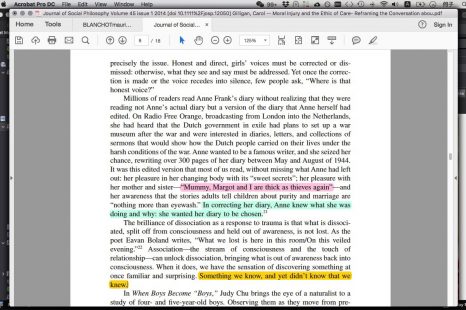
— “Moral Injury and the Ethic of Care: Reframing the Conversation about Differences”, Carol GILLIGAN
And maybe I know too many things. My head is filled with all sorts of banalities like the facial expressions of strangers and the taste of your favourite Grüner Veltliner and the prick of winter mosquitoes. Like the approximate sojourn of a piece of shit that appeared a few days after I arrived. It was the lack of anyone’s care to remove it from the narrow path between our residency room and the project space, making it such that you took the long route around every time, while I forged ahead to play hopscotch. I had the forethought that this dog I never saw had left the natural wastes of its circulating body just like the mosquitoes, and perhaps I should bring other contraband back this time as another memento of my stay. But an uncared-for poop was just a parallel temporary visitor like us to this space motel, and the day before I departed, what were now like hardened coal nubs finally blew away with that strange storm of not very much rain. Perhaps its winds were so great it blew its own rain away, a storm having a frightening conversation with itself. Its utterances came out like screeches and gales that shook the glass of our cove. From inside, we lifted our heads up in awe, and when we went outside we walked at strange angles with our heads down, pretending not to overhear. Buddha was also blown violently away that day, falling off of a neighbour’s balcony and left as an Asian corpse shattered in the white neighbourhood. In the beginning I kept thinking we would have been a strange sight here, our little crew, but actually there was nobody around most of the time, and we were left to play on our own like children at the slumber party. We stole time that way, turning their money and our own productivity into a space for taking care. Even so, I walked on that shit at least once, but you took time, and we cleaned up our tracks together. Self-quarantine, if you want to call it——I gained ten kilogrammes, too——but something else feels lighter because I know we had taken it on together. This takes space and so it was that ‘project ruimte’ was exactly that, not as the space for projects but a project to make space, as a fact of feelings between us——to read together with long pauses in between, to write letters from near and far, and to eat and resist the fallen communality of a shared meal out of one bowl. To be together and trust in someone else’s voice to guide when our eyes are closed.
I don’t know yet how to bring this space into visibility. And maybe it doesn’t have to, except as mischievous glances and giggles between those of us who know, and even if you don’t see us you will feel the smiles in our voices in that space behind your ears and in front of your neck——a tingling somewhere between an itch and a tickle to make chords and discords in you, too. Take care.
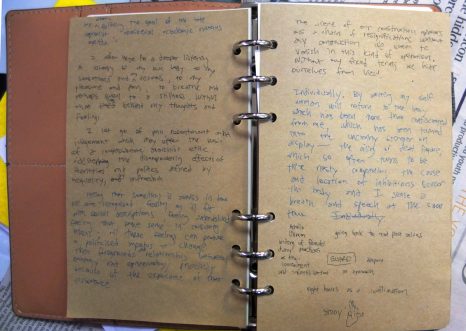
— Altered quotations and notes taken from the afwasdoekje reading group, PWSSSRFS No. 1, 2020 January 25
Posted by 丫 | reply »
the .3 percent
he said, “our progress is not inevitable“.
Posted by 丫 | reply »realistically speaking
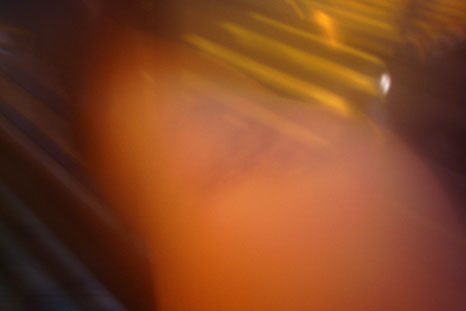
You spoke of the beginnings of a new metaphor with which we should look at our present condition, like living in Beijing, realistically. Our metaphors come from bicycle encounters and the emotional outcroppings of the everyday. at the time i could only see flesh as a gliding, swerving in and around vehicles, going without cutting corners. We laughed about the flows.
The flesh as meat——not as skin, as I had previously so imagined——is a space of tightness, of form and intimacy and movement as a squeezing of space. Skin as a gliding over and around, all options open except that one moves merely as a compatriot of gravity, touching, just going. Where do we look, realistically, while on our bicycles, in encounter? Nobody cares. Movement is a question of whomever may 让 first, usually predicated upon size. But let us enlarge our frame of view. To examine our reality here is a fleshy matter, full of scars and circumstance. Situationism could be given, rather, a form of agency. Adjacency. Victorious life proposes a next-to. If we were to give up subjectivity and objectivity, can movement presume, ex-stasis? Flow is always a making up of what came before, along the lines of a scar, reaction and healing. Let us make up for imperial autocracy, let us make up for capitalist pigs, let us make up for the sick yellow man! And so we are stuck in a striving or a being, reactionary.
But Vitanza’s scar is a middle place between flesh and skin, along surfaces and imbedded within. Realistically, we find ourselves covering over, working through, both as a form of being and of representation, as spectators and actors, as lifeforms headed inevitably towards death. Is such certainty a place of flesh or of skin? We fall asleep with the TV, we learn to love and hate our lovers. This affect is of flesh and skin, multidirectional, surfaces and interiors all at once.
Scar as both a place and temporality, a contextification. It is the grounding memory of affect, a node upon the flow of the body, or movement ex-stasis. Flashbacks of life in times of death should tear our bodies from such ecstasies; these are the groundings we can never break away from, realistically.
I slipped and hurt myself today, on or off cycles, wet pavement. In the midst of mutual shock, she snapped at me. I’m sorry, I said.
…in the sign of the scar—where foreground and background collapse—negotiating between life and death, skin and scar, public and private, I will hallucinate on a series of cultural objects that would provide us with exemplary ways of “living on” in the scar of the sign as Dasein. But as I do that, note that I do that semiotically across the images being unfolded over there. Da Sein. But. Of Sign. The episode of “Scar Tissue.” I am trying to situate myselves, through a series of interruptions, corruptions, eruptions, between over there and here. Becoming be-tween. Ec-static. Perhaps after a while you, too, will situate yourselves in between there and here.
–Victor Vitanza, “Design as Dasein”: Scar, … to be accompanied by video
Posted by 丫 | more »at risk, facticity.
C = the condition of not knowing (gap) the possibility of being wrong
Posted by 丫 | more »alibi, from latin, ‘in another place; elsewhere’
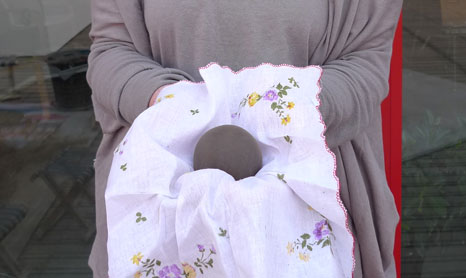
beijing, may 2010. individually wrapped cookies and the extra air inside packagings to prevent the chips from breaking. full of excitement, woody asks for our permission to polish the wooden surfaces in the room. he later forgets his basketball behind when his grandma rushes him to go eat dinner. fluffy white things getting in my eyes as i’m riding the bike. the daily tears. the precariousness of life in china. so much dust. everything happening out there, in the open, like the man who is trying to ‘hide’ his bag amidst the bush in the middle of a busy highway. all flesh, no skin. we ride the bus and he argues that women are weaker than men, generally speaking, everyone should know their place, he says. gobo, my new favourite. she says i take too much care, like being mama, ‘can you enjoy when you are like this?’ but then a few moments later she says i’m like child. postmaturity? my friends’ babies and wedding plans. so much life happening. the unpronounceable volcano, the mispronounced “debt restructuring”. sigh. where do we go from here. the haunting pronouns. acknowledging the other. ethics, infinitely demanding. hitting a ball against the wall, our mediated exercise. winter turning into summer, no spring. the guilt of being far away. the relief of being far away. the time, the time, the time. i try to make a dorodango. it turns out not that shiny and ends up cracking on the way home.
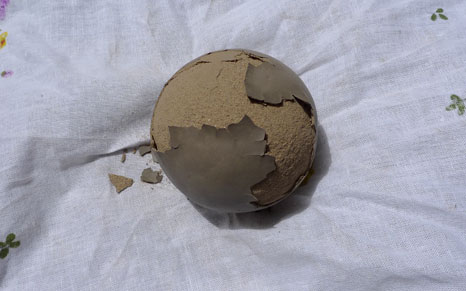
kind of, sometimes
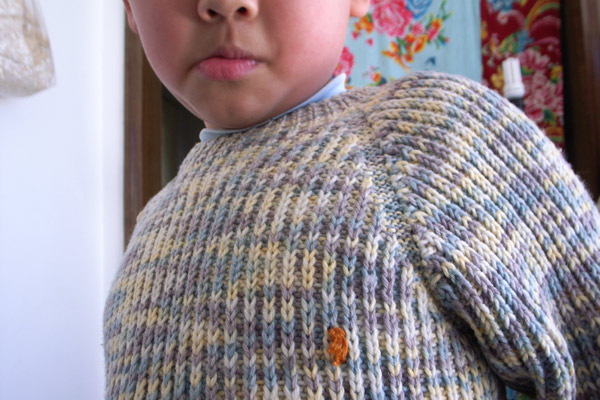
to the old lady working at the internet cafe, whom i could slam a hundred times in aftermath but only saw my childish smile in backwards retreat, we could make an example of you in our courteous, civilised new metropolis, as per a certain someone said i was often wont to do, some sort of ethnographic approach to what lack of humanity there may be in world of screens and headphones, of blank faces and pounding hearts, why in the world should i wish to make an example of you, sickly woman with cracked face who sits in the dark by day, your rule this world perhaps and i am mere observer, a hasty brushing off sends me away, without being able to engage in the very services that you offer. or the mistake that we make in this situation is that working for the money (the system that creates low wage working conditions, the worker that desires to fill this position for lack of better opportunity, because it is easy, because it is simply what is there) eliminates the very ‘you’ of this equation, for You, Other, are simply no longer there. This is not an issue of being looked down upon or prejudiced, it is the disappearance of another all together. Combined with the last 61 years of our lack of self, we come back in full force with an overbearing subjectivity that oppresses all not-self as well. it leads us to a form of exchange without humanity whatsoever, but what sort of presumption was that, anyway.
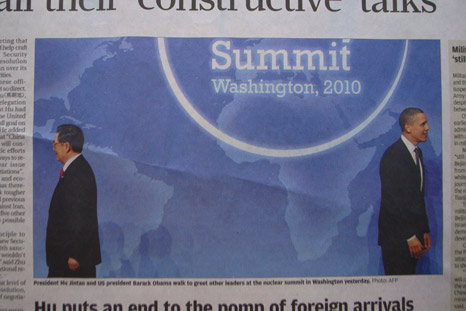
i cringed when he mentioned that words had been missing of late, but the lack of literature could have been a parallel to a similar decline of the sense of being. i am present, perhaps, in some way, a childish half-smile, but it’s only half-shock, a blinding before anger sets in, what was that about to solidify, hard-set equations, exchange is never all that, i kind of hate you sometimes, kind of, sometimes.
Posted by 丫 | reply »ideas about karaoke
recorded at Lee Kit’s “Someone singing and calling your name”, december 2009
Posted by 丫 | reply »notes on love and writing, turning thirty again, obachans grin
To write is to permit others to conclude one’s own discourse, and writing is only a proposition whose answer one never knows. One writes in order to be loved, one is read without being able to be loved, it is doubtless this distance which constitutes the writer. (Roland Barthes)
::writing about writing, between shanghai and beijing, 2 December
today i become a writer. written self reading a purple journal like being in this airplane, oh i fucked up fucked up so many times, “it’s just that this year has been so full of small, stupid, non-descript disasters, not the big ones that could at least be identified as crisis.” sometimes in reading their words i describe my own surroundings, the small spaces around the page being written as we read others: (please fall in love with me). He is nonchalant about loose trivia on japanese aesthetics like mentioning the names of people he knows.
“The proximity of two differing individuals can become too intense.” (Arnold Barkus)
They are all your friends. And the more old friends that keep popping up in magazines, oh, we must be doing okay. And all the ones that don’t, that come up instead in cafés, in the airplane a couple rows ahead, on someone’s facebook friend list or just in my memory, well… we’re all sorry it turned out this way, we haven’t turned out at all, or against all, or we’re just turning…
so many things happened this year, i lose sight of the things that matter most.
but i’ll love you through the pages of a matte-papered magazine, and maybe that’s enough for today.
“30”, Binna Choi, from The Sole Proprietor and Other Stories, ed. Melissa Lim and Heman Chong:
Perhaps this sudden consciousness of my turning thirty has become entangled with my untamed anxiety, which stems from my own difficulty in being myself when with others. In other words, what mattered, bothered and concerned me can be summed up as my “relationality” with her, him, another me, different me, disappearing me or whatever, or the air, time, space or something. With her leaving and being. With him next to me or with him annoying me. With the density or stuffiness of air. With speed. With intensity…
I am writing about turning thirty, but in doing so, I could be seeking to deny or erase it. This piece is written in the present, about a somewhat unknown future that we are in the process of progressing towards. I hope that the significance of turning thirty will surface later on. You know, I will never be thirty – I will only be two thousand, two hundred and and seven years old next year, I bet.
Hence “writing about turning thirty” is a means of pulling myself out of the preconceived position one has as part of one’s culture or society. It is also a way for me to create an interstice for myself without deliberate avoidance of particular cultural or temporal frameworks. I am trying to prevent these aspects from governing me or my being with “others” within and outside of these frames. I want to take responsibility for my life or lives of others in mine, and ultimately grin — rather than laugh with sound — in the face of my struggles, strengths, delights – like that mad girl on a bus who glared at me as I stared back at her years ago.
Before I can reach this state that allows me to “grin”, let me pose a fundamental question: why do I write? I’d asked this same question quite a few times before, and I know that I have a problem with delving into it. Actually I even doubt that I had ever “written” in the most idealistic sense of that word. I reckon my fantasy is that writing for me is an opportunity to communicate in silence, to compose and liberate what is a part of me, be it my fascination, wonder, despair, concern, joy, beliefs, thoughts and so on — without being dogmatic. I want to believe that I make friends and love through writing.
writing having been written, between beijing and tokyo and los angeles and dallas/fort worth, 22 december
today, before leaving Beijing, it was written: “yes!”
There is no fear in that. No fear, no fear. Its beauty is impressed upon my skin as much as it distances. it was like looking again into the past. Every new realisation is also recognition of all that past in which you did not know it before! Linda didn’t get it at the time. Now she’s married and has dogs, surely she knows something we do not?
It was brought up again over dinner that that desire to cut off was as much the fear of being disconnected from. He cannot understand the difference between the cup there, or here, or there… And I thought we bought this salad. Well, you certainly didn’t buy me. But it’s the cup and the salad and the me and the you, and if we acknowledge no distinctions between any or all, how far can we go in attempt of love? Should we be left formless? Where would we go, and how would we know who we are anymore?
He reminds her that they are all connected. Of course, all these things are written into the body. Past is future is present, so just watch. I watch what i do not see: the big-eyed girl crying in secret, the small-eyed girl crying all day. I wish you could see more so that i wouldn’t have to explain anymore.
“Giorgio Agamben claims that the most important political goal is to find new ways to make the human body inoperative, in the sense that poetry makes language inoperative, to find new uses for the human body.” Would you want that I gave myself completely to you? Would you want that i agreed with everything you said, that everything that you wanted was what i wanted, too? I keep trying to think with those words, read from a monk when I was in Japan: “utmost reverence”. I try to say “yes!” too. But it’s not what I want. So please stop telling me everything you know about me. Because you don’t. And you won’t so long as your eyes stay wanting.
Posted by 丫 | more »You are watching. I am watching, too. We just don’t always see the same thing.
